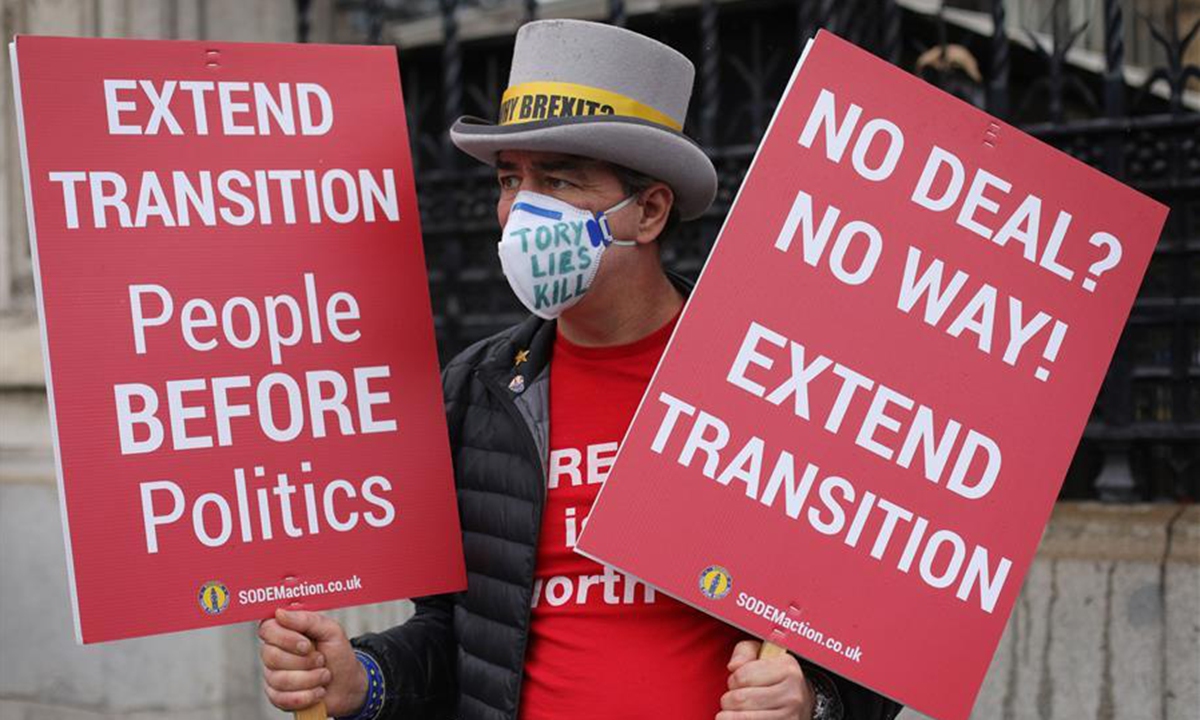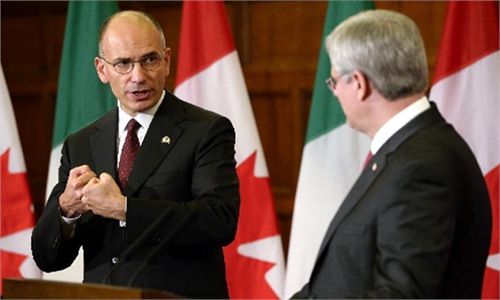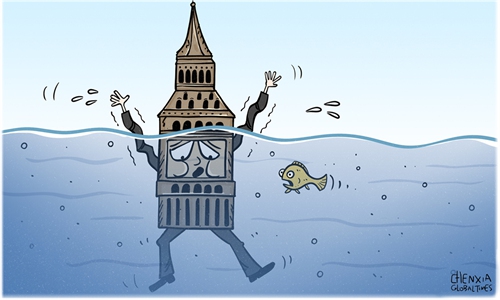
A demonstrator holds placards demanding extension of Brexit transition period outside the Houses of Parliament in London, Britain, on June 10, 2020. Britain will not extend its transitional links to the European Union (EU) beyond Dec. 31, a government minister said Tuesday following the stalled talks between London and Brussels last week. (Photo by Tim Ireland/Xinhua)
Brexit has compounded a shortage of doctors in Britain, with an estimated shortfall of 4,000 in major speciality areas from EU countries, a study published Sunday said.
It comes as the crisis-hit NHS state-funded health service struggles after years of underfinancing, with record waiting lists for some hospital care due to the COVID-19 pandemic but also a lack of doctors and nurses.
The Nuffield Trust, an independent health think tank, focused on four fields of medicine - anesthesia, pediatrics, cardio-thoracic surgery and psychiatry - where European doctors had been particularly relied upon before the UK left the EU.
It found that in the four areas - where recruitment was already challenging - "the increase in EU and EFTA [European Free Trade Association] staff slowed down, falling below the projected increase."
If the trend had been seen before Brexit had continued, there should have been more than 41,000 doctors from the EU or EFTA (Norway, Switzerland, Iceland and Liechtenstein) registered in 2021, or at least 4,000 more than the figures showed.
"The campaign and result of the EU referendum is the obvious reason for a change in trend around 2015 and 2016," the study said. It highlighted initial uncertainty over new rules for the movement of people, followed by tighter visa rules and "deteriorating work conditions" in the health system.
"The findings suggest that stagnation in the number of EU doctors in these specialities has exacerbated existing shortages in areas where the NHS has not been able to find enough qualified staff elsewhere," it added.
AFP



